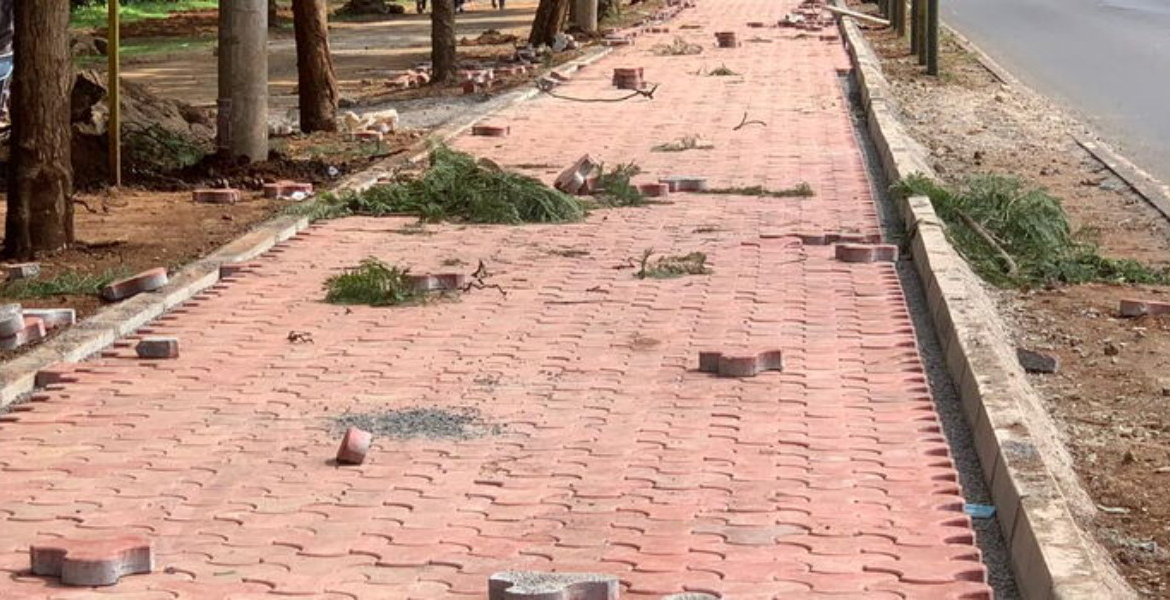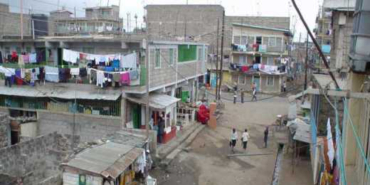Kenyan Lawmakers Fault Equalisation Fund for Funding Non-Essential Projects

The Equalisation Fund, a critical instrument designed to address developmental disparities in Kenya's marginalised regions, faces serious allegations of misappropriation and constitutional overreach.
A session held on 16 July 2025, by the National Assembly's Finance and National Planning Committee, exposed concerns about the fund’s expenditure patterns and its alleged deviation from its constitutionally mandated purpose. Established under Article 203 of the Kenyan Constitution, the Equalisation Fund is allocated 0.5 percent of the latest audited government revenue. Its purpose is to channel resources into short-term interventions that improve essential services such as water, healthcare, road infrastructure, sanitation, and energy access in underdeveloped areas.
However, the recent parliamentary proceedings have raised questions about whether the Fund is adhering to this core mandate. During the committee hearing, Molo MP Kuria Kimani, who chairs the committee, expressed concern over the board’s alleged sponsorship of projects that fall outside the Fund's stipulated objectives. Questionable expenditures included the funding of cabro pavement installations, staff housing, street lighting, and kitchen renovations.
While these projects may offer some benefits, they do not directly address the urgent need for basic service improvements in Kenya’s most disadvantaged counties, lawmakers argued. MPs voiced apprehension about the apparent duplication of efforts between the Equalisation Fund and other existing financing mechanisms, such as the National Government Constituencies Development Fund (NG-CDF) and county government initiatives. Legislators questioned the logic behind the Fund's involvement in classroom construction and other community infrastructure projects typically funded through alternative budgets.
This overlap has fueled suspicions of inefficient spending and jurisdictional confusion. The committee's dissatisfaction reached a head when inconsistencies emerged in project reporting. Committee chair Kimani adjourned the meeting with Fund chair Mahboub Mohamed and CEO Guyo Boru, after finding discrepancies between the presented documentation and on-the-ground realities.
"Looking at the projects done, they are spread too thin and are outside the mandate of the Fund," said Kimani.
Specific examples highlight the discrepancies. One irrigation scheme of five acres was recorded to have cost KSh2.6 million, while a similar ten-acre scheme in the same area was awarded only KSh3.6 million. These cost disparities raised questions about inadequate oversight and potential budgetary inflation. Turkana South MP and vice chair of the committee, Dr John Ariko, also noted significant discrepancies in progress reporting for a bridge project in his constituency. According to the Fund's records, the project was only two percent complete, whereas Ariko asserted that it was at least 40 percent complete.
Ariko said firmly, “This board is presenting misleading reports that cast doubt on the accuracy of its project data. The information presented to the committee is wrong in the first place. This board has ignored the law and is implementing projects that were not envisioned."
Kitui Rural MP David Mboni argued that the current failings are a continuation of historical inequities. He referenced Sessional Paper No.10 of 1965, which originally highlighted Kenya’s development disparities, and accused the board and the Commission on Revenue Allocation (CRA) of undermining the Fund’s intended corrective function. In response to the accusations, board chair Mohamed maintained that the institution merely disburses funds according to project lists provided by the CRA.
"The Equalisation Fund has no role in identifying beneficiaries and needs of a region. This is done by the CRA," Mohamed explained.
However, MPs challenged this stance, asserting that even if project identification is outside the board’s remit, greater scrutiny and accountability must be applied during project execution. Engineer Mohamed, in supporting the board’s financial reporting, revealed that the Fund’s total entitlement from the National Treasury stood at KSh80 billion by the end of June 2025. However, only KSh39.89 billion was appropriated, and merely KSh15 billion had been disbursed. This limited liquidity, he argued, has hindered implementation and created a backlog of unpaid bills.
"The unpredictable movement of funds has resulted in many audit queries. We have people queuing for pending bills," Mohamed admitted.








Add new comment